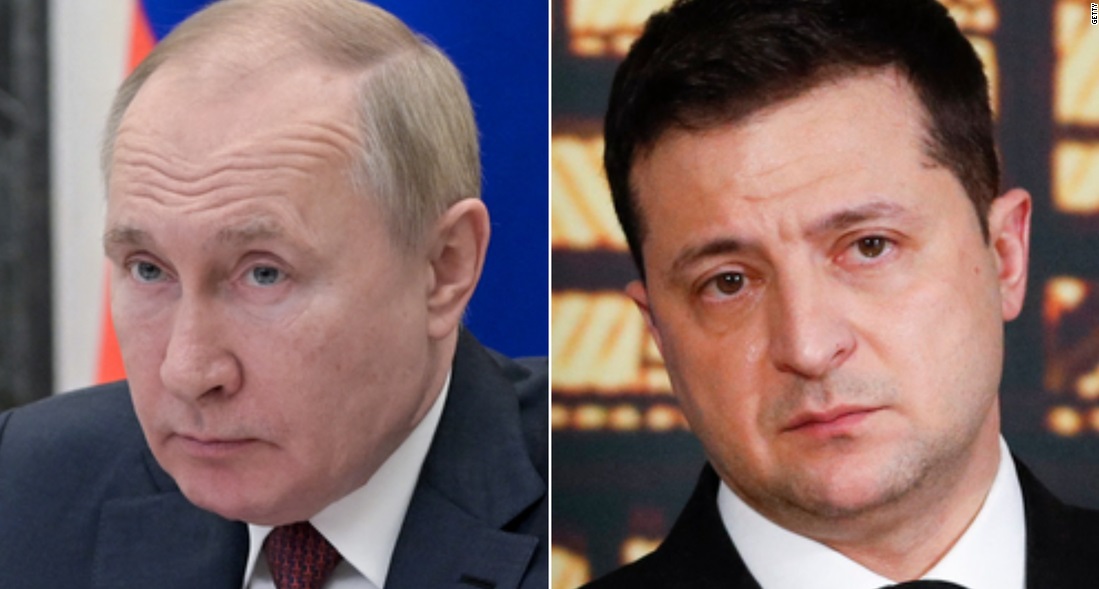Two Russian Cities In Darkness After Ukraine Strikes
Ukrainian strikes have disrupted electricity and heating in two major Russian cities near the border, as both sides escalate cross-border attacks on critical energy infrastructure amid stalled diplomatic efforts to end the nearly four-year conflict.
Officials in the Russian cities of Voronezh and Belgorod reported outages following overnight drone and missile strikes, which sparked fires and forced emergency shutdowns of key power facilities.
Voronezh Governor Alexander Gusev said a Ukrainian drone attack caused a blaze at a local utility plant, temporarily cutting electricity and heating to parts of the city, which has a population of over one million.
The fire was quickly extinguished, and power is gradually being restored, he said.
In Belgorod, Governor Vyacheslav Gladkov said a missile strike late Saturday caused “serious damage” to energy infrastructure, leaving about 20,000 households without power or heat.
“Repair crews are working round the clock,” he stated.
Advertisement
While Russia’s Defence Ministry claimed its forces intercepted 44 Ukrainian drones overnight across the Bryansk and Rostov regions, it made no mention of the incidents in Voronezh or Belgorod.
Local media, however, reported that the attacks appeared aimed at thermal power plants and substations supplying the two cities.
Elsewhere in the Rostov region, authorities reported hours-long outages in the city of Taganrog, where a transformer substation reportedly caught fire. The cause was not officially confirmed.
The attacks mark another escalation in Ukraine’s months-long campaign of long-range drone and missile strikes targeting Russian oil refineries, power plants, and logistics hubs.
Ukraine says such strikes are aimed at depriving Russia of vital oil revenues used to finance its war, while Russian forces have intensified their bombardment of Ukrainian energy facilities as winter approaches.
Advertisement
Ukrainian Foreign Minister Andrii Sybiha accused Russia of endangering nuclear safety after Russian missile strikes on Friday hit substations powering the Khmelnytskyi and Rivne nuclear power plants.
“These were not accidental but well-planned strikes,” Sybiha said on X, calling for an emergency meeting of the International Atomic Energy Agency (IAEA) board to address what he described as “deliberate nuclear blackmail.”
Meanwhile, Russian Foreign Minister Sergey Lavrov said preparations had begun on President Vladimir Putin’s order to study the possibility of resuming nuclear weapons testing, though the Kremlin insisted Sunday it remains committed to the global nuclear test ban.
“President Putin has repeatedly said Russia intends to honor its obligations and has no plans to conduct nuclear tests,” Kremlin spokesman Dmitry Peskov said, responding to remarks by U.S. President Donald Trump, who recently hinted America might review its own nuclear testing policy for the first time in over 30 years.
Lavrov also signalled readiness to meet with U.S. Secretary of State Marco Rubio to discuss the war and bilateral relations, though he reiterated that peace “cannot be achieved without taking Russian interests into account.”

